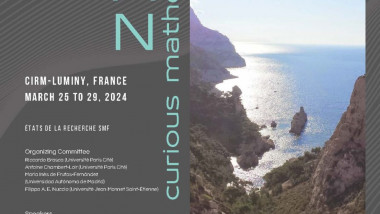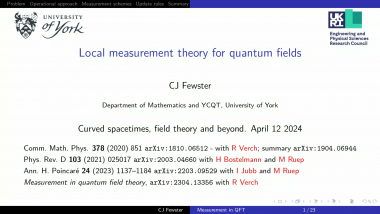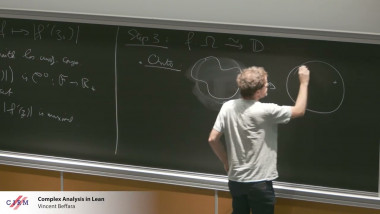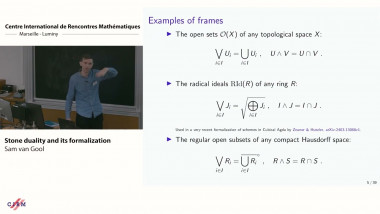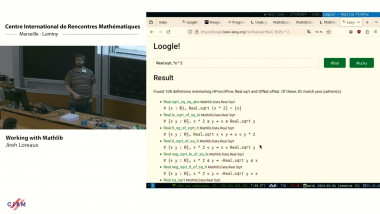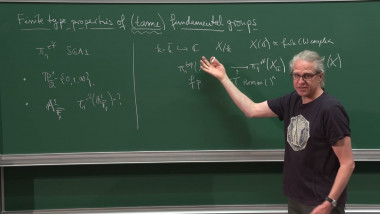Mathematical games around Quaternary ice ages
After the glaciation of Antarctica (which became definitive around 15 Ma (million years) ago), the glaciation of the Northern Hemisphere started around 3 Myr ago. It defines the entry into the Pleistocene. The phenomenon started with modest glaciations, interrupted by quasi-periodic increases in incoming summer solar radiation caused by the movements of obliquity and the phenomenon of precession. However, unlike Antarctica, the Northern glaciation never became definitive. Glacial maxima are invariably --- and somewhat predictably --- followed by large deglaciations, suggesting that the presence of continental-wide ice sheets in the Northern Hemisphere is unstable. Merely postulating and encoding this instability in a low-order dynamical system model suffices to reproduce the sequence of glacial-interglacial cycles observed throughout the Pleistocene, once the astronomical forcing is accounted for. In this sense, there is not much mystery about the period and amplitude of Pleistocene glaciations.More challenging is developing a theory for the full range of climatic fluctuations over the frequency range 1 ka -- 1Ma, accounting for millennial variability and the spectral fluctuation background which seemingly connects all time scales. Our somewhat inaccurate knowledge of the physical and biological constraints on ice age dynamics gives us some freedom for toying with mathematical concepts: dynamical systems, stochastic dynamical systems, self-similar stochastic processes, spectral analysis and Bayesian inference. In this brief presentation, we will present two case studies involving non-intuitive concepts, and open the discussion as whether we should allow mathematical fun to take over physical insight.


